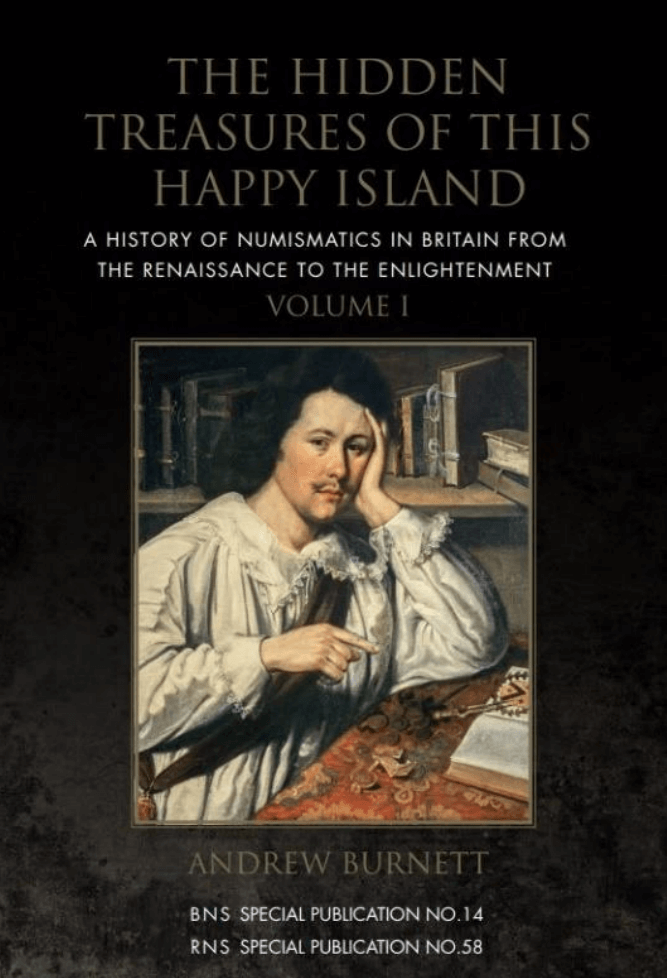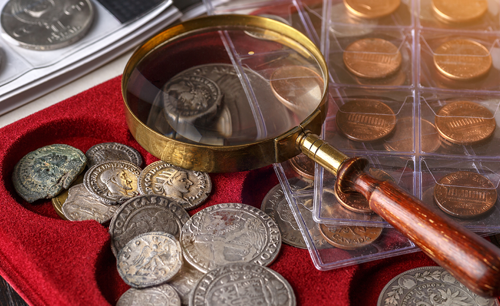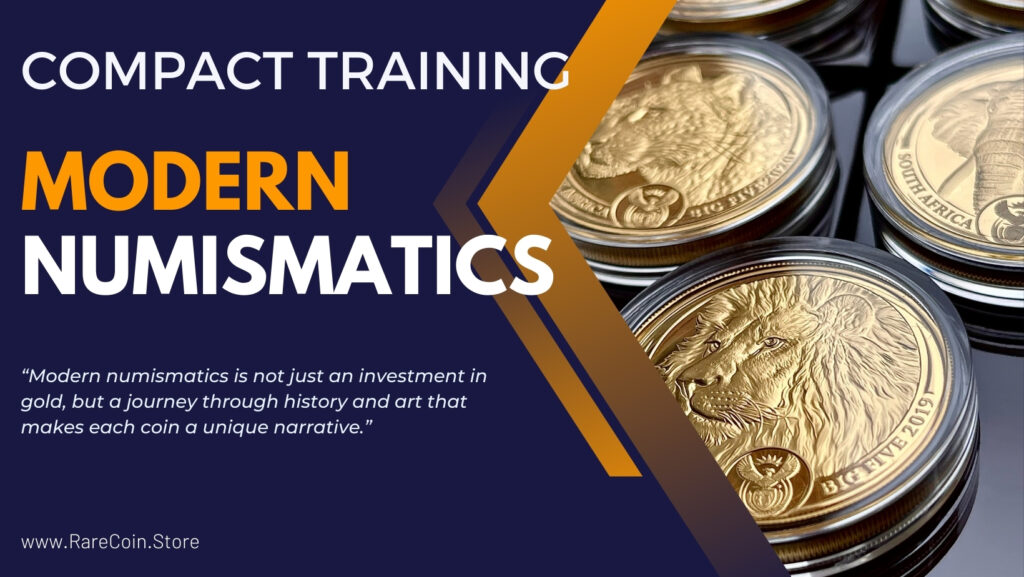Excellent Advice For Deciding On Zloty And Rial
Wiki Article
What Can I Do With A Database To Research Numismatics With Regards To Global And Regional Associations?
A methodical approach is offered to conduct this research. This is a structured method for conducting such research. Academic repositories and databases, such as JSTOR provide access to proceedings of conferences and research papers.
Define Research Focus: Specify your research objectives. Do you have a desire to exploring the history and activities of international numismatic associations regional collaborations, conferences publications, or particular numismatic topics discussed within these organizations? Find out what you're looking for to help guide your research.
Search Strategy: Make use of keywords such as "numismatic associations,"" "global numismatics,"" "regional societies for numismatics," and include specific names of associations or geographical regions where appropriate. Use advanced search features to filter results based on date, document (such conference papers or newsletters) and geographical scope.
Data Collection: Access information on the membership, history, events, and publications for global and local numismatic association. Find out about past and future conferences, workshops as well as collaborative research projects. Learn about the members of an organization, their leadership, and contact information for them.
Analysis: Examine data to understand the impact of both local and international societies of numismatics. Find out how these associations aid in the development of numismatic research, promote international collaborations, and spread research through publications and conferences.
Cross-Referencing: Verify your conclusions by cross-referencing information across multiple databases and sources. By comparing the efforts and initiatives of different organizations will give an understanding of global and regional numismatic developments.
Documentation: Record your findings by systematically citing sources, and identifying the methods you employed. Record details about the databases accessed, keywords used to search, and the importance of each source to your research needs.
Keep up to date: Numismatic organizations are constantly changing by publishing new publications and conferences. They also collaborate on various projects. Stay up-to-date by visiting the websites of associations, newsletters and scholarly databases.
Databases can be utilized effectively and effective using these methods. This method lets you examine the structure of organizations and scholarly activity as well as collaborative initiatives that shape the numismatics field at a global as well as regional level. Read the most popular currency catalog for site advice including yen, banknote club, banknote, banknote holder, peso, coin book, rare coins, historical currency, authenticity, currency grading and more.

How Can I Utilize A Numismatics Database To Find Coin Dealers?
This type of research includes databases that concentrate on historic transactions including numismatic dealer listings, as well as market trends. A method that is structured is provided to assist you in conducting this kind of study. Examples include numismatic online marketplaces, dealer directories offered by numismatic society (such as the Professional Numismatists Guild), databases of auction houses, and historical archives.
Define Research Focus: Specify your research objectives. Are you interested in knowing the history and profiles of particular coin dealers or trends in the numismatic market, the pricing of coins over time or the influence of dealers on numismatic collector trends? Determine the goal of your search.
Search Strategy: Add keywords like "coin dealers,"" numismatic market," or "dealer directories" and, if appropriate include the names of particular dealers or geographic regions. Advanced search is a way to narrow the results down by dealer specialties for example, like coins from the past or modern-day coins.
Data Collection: Access details about coin dealers, including their names of business, locations, specialties, dates of operation, and historical profiles. Find out about the most prominent dealers and their contribution to the numismatic community or research, as well as their participation in a variety of notable sales or auctions.
Study the data and learn about the role of dealers in the field of numismatics. Discover how coin dealers can influence market dynamics, gather trends, authenticate coins and classify them, and assist in disseminating numismatic information via publications and educational programs.
Cross-Referencing Review what you've found by cross-referencing across auction records, databases, and historical archives. This can help you ensure that your research is thorough and reliable. It will also provide you with greater knowledge of the functions and contributions played by dealers in the field of coin.
Documentation - Document your research findings in a structured manner by citing sources and noting your research methods. Keep track of details on the databases accessed, search terms used, and the importance of each source to your research needs.
Stay Updated The numismatic marketplace and dealer landscape are constantly changing with new auctions, dealer entries, and market developments. Keep updated by keeping up with updates from numismatic auction houses societies, online marketplaces and society auctions to stay on top of the most recent developments.
By following these steps, you will be able to allow you to explore the world of numismatics in relation to dealers in coins. This strategy allows a complete analysis of the historical background of coin dealers, their market influence, and scholarly contributions of dealers in the field of numismatics providing valuable insights into the practices of collecting and the market's dynamics over time. See the best currency collecting for website recommendations including coin show, coin blank, half-dollar, coin series, currency appraisal, coin authenticity, banknote history, dirham, banknote expo, banknote errors and more.

How Do I Search For Numismatics Related To Collectors In An Online Database?
To conduct such research, here's a methodical strategy: Here is a methodical way to conduct this research: Database selection: Pick databases that specialize in numismatic profiles, numismatic organizations and collections of collectors. Examples include online collector forums, numismatic organization websites (like the American Numismatic Association), collector databases, and databases for research in numismatics.
Define Research Focus: Specify your research objectives. Are you interested to know more about the collection passions of particular collectors and notable collections, or about trends in numismatics collection Are you more interested in cultural and historical motivations that guide collecting practices? Clarify the focus of your research.
Search Strategy: Include keywords such as "numismatic society", "collector profiles", "numismatic collectors" and geographic areas or collector names when appropriate. Advanced search options let you to search by date, interest in collecting (such exonumia or coins from the past) as well as membership in numismatic groups as well as other criteria.
Data collection: Access information about collectors such as their biographies and collecting interests. Also, access data about notable acquisitions or contributions to numismatic research. Get information on the development and dispersion of notable collections with auction results as well as catalog entries.
Examine the data to discover what motivates and motivates collectors of numismatics. Explore how collectors impact collecting trends, create the market, and contribute through educational initiatives and publications, as well as exhibitions to help preserve and share the numismatic knowledge.
Cross-Referencing - Verify your findings by using data from various databases, collector profiles or auction archives or numismatic publications. This will ensure the accuracy and thoroughness of your research. It will also give insight into the different aspects and contributions of collectors to the numismatic community.
Documentation: Document your findings thoroughly including citations to sources and noting methodologies used. Define the databases utilized, search terms used and the importance the sources have to the questions you have.
Keep Up-to-date: Numismatic collection interest and trends change over time. For the latest information on the collecting of numismatics, stay up with news from collectors forums publication, numismatic magazines and a special collector database.
Following these steps will allow you to use databases effectively to explore numismatics as it pertains to collectors. This approach enables a comprehensive investigation into the motivations as well as the interests and contributions of collectors to the field, offering valuable insights into the cultural, historical and economic aspects of the collecting practice. See the most popular read review about copyright for blog tips including design, pound, numismatic investment, rare banknotes, currency catalog, banknote printing, coin mintmark, coin dealer, mint, copyright detection and more.

How Do I Use A Database To Research Numismatics Regarding Online Forums And Communities?
This involves using online communities and forums which experts, enthusiasts, and collectors can exchange their knowledge and discuss current trends or present their collections. It is a method that can be structured to do such research. For instance, forums such as CoinTalk, Reddit's r/Coins, and special numismatic communities that are that are on social media sites, such as Facebook groups or LinkedIn.
Define Research Focus: Specify your research objectives. Are you looking to learn more about current collecting patterns, discuss specific types of coins and historical periods, get advice on authenticity and grading? Or meet with experts in specific area of numismatics? Clarify your focus to direct your search.
Search Strategy: Use keywords relevant to the subject of your interest, including "numismatic forum,"" "coin collecting community,"" "online discussion forums on numismatics," and keywords related to specific topics (ancient coins or modern coins) or keywords that relate to your research. Search functions are available on every platform.
Data Collection: Access information from threads, discussions and other posts on the internet communities and forums. Learn about methods of collecting, the identification of coins, market trends and personal experiences of numismatic discoveries. Also, talk about historical or cultural aspects related to coinage.
Analysis: Examine the data to discover the opinions, expertise, and experiences shared by members of the online numismatic communities. Examine the reliability of the data by evaluating the opinions of experts as well as the consensus among members on specific topics, and the depth of discussions.
Cross-Referencing. Check the information you've gathered by comparing information from various forums and communities. Compare insights from different platforms to gain a greater perspective on collecting trends, market sentiments and expert guidance from the numismatic community.
Documentation: Write down all your observations, including specific threads and discussions. If necessary you want to cite the contributors. Note the most important insights, opinions, and trends shared in online forums and communities.
Stay involved: Take part in discussions and ask questions to discover more about the subject and connect with the community of numismatists. Stay informed by following the latest threads, posting replies and releasing announcements.
If you follow these steps, you'll be able to effectively make use of forums and online communities to conduct research in numismatics. This approach allows you to draw on the collective knowledge and experience of a wide collection of experts and collectors, providing valuable insights and perspectives on different aspects of coin collecting as well as identification and appreciation. Check out the top rated quarter for website tips including banknote book, banknote printing, coin appraisal, numismatic investment, historical currency, banknote news, coin minting, bank, proof coins, currency appraisal and more.

How Can I Make Use Of An Online Database For Research Numismatics Specifically In Terms Of Industry Trends?
Here's a method for conducting this type of research: Database Selection: Choose databases that specialize in market research reports, industry analysis and expert opinions or publications from numismatic society. This is a systematic method for conducting this research. Examples of this type of research are market research platforms (like Mintel and IBISWorld) as well as numismatic journals as well as databases with specific industry information, or business news sources.
Define Research Focus: Specify your research objectives. Do you wish to understand current market trends for numismatics? Are you interested by emerging collecting trends? Clarify your focus to guide your search.
Search Strategy: Make use of keywords like "numismatic industry trends," "coin collecting market analysis," "emerging trends in numismatics," and include specific topics (ancient coins, modern coins, paper money) or terms that are related to your research question. Make use of advanced search options to sort results by dates, industries and the type of publication (reports and articles, or market analyses, etc.).
Data Collection: Access data on trends in the industry and insights in the field of numismatics. Find out more about trends in collecting coins and technological advances (such as digital cataloging, authentication technology) or read about articles on the most current technological advancements. You can also get expert opinions, market analyses and market movements.
Analysis: Analyze the data to determine the most important trends and the underlying factors that shape the numismatic business. Market dynamics, like the characteristics of collectors' demographics, shifts in the preferences of collectors (historical period, themes) as well as technological advances and global economic factors are all important to consider.
Cross-Referencing: Check your findings by cross-referencing information across multiple databases, market research reports, numismatic society publications, and industry analysis articles. This approach ensures that your research is complete and precise, offering you a full view of the industry's latest trends and information.
Documentation - Record your findings in a structured manner by noting the sources and methods. Keep track of information such as databases you've accessed and the search terms you used and their connection to your research questions.
Stay Updated: Industry trends in numismatics are evolving in response to market changes, collection patterns, trends, and technological advancements. For the most up-to-date information regarding numismatic trends, stay updated with the latest news from market research firms as well as numismatic publications and industry reports.
Follow these steps to uncover numismatic trends and gain valuable insight. Through this method you can gain an understanding of the market for numismatics, which includes its trends, dynamics, technological advances and economic impacts. Read the recommended click here on gold coins for site info including coin display, banknote book, obsolete currency, currency collecting, precious metals, coin series, nickel, uncirculated coins, coin edge, mint condition and more.
